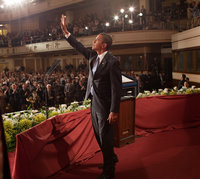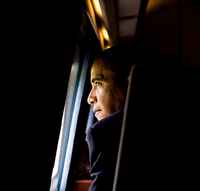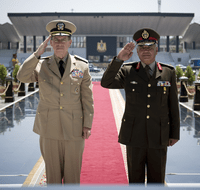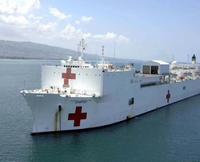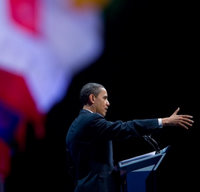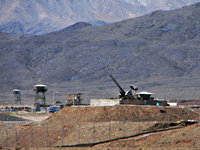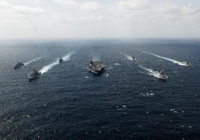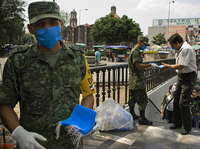
As the World Health Organization agonizes over whether or not to declare the H1N1 flu virus an official pandemic, I can’t help but think of the American national security establishment’s continuing struggle over the definition of threat in a post-9/11 world. In both instances, we see institutions with worldwide responsibilities coming to grips with an increasingly interconnected global landscape. And although that global landscape, according to all the available data, suffers less catastrophe, it nonetheless appears to present far greater potential for such catastrophes to unfold with seemingly uncontrollable consequences. By “less catastrophe,” I mean that in a world of […]

